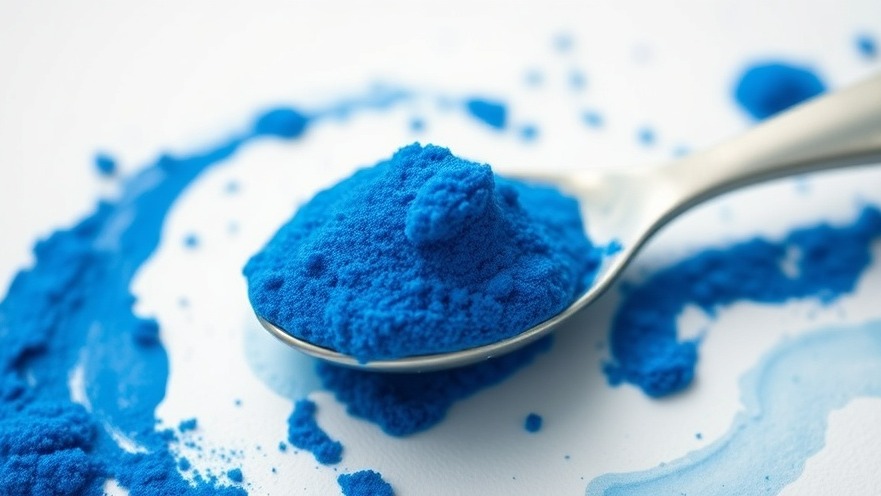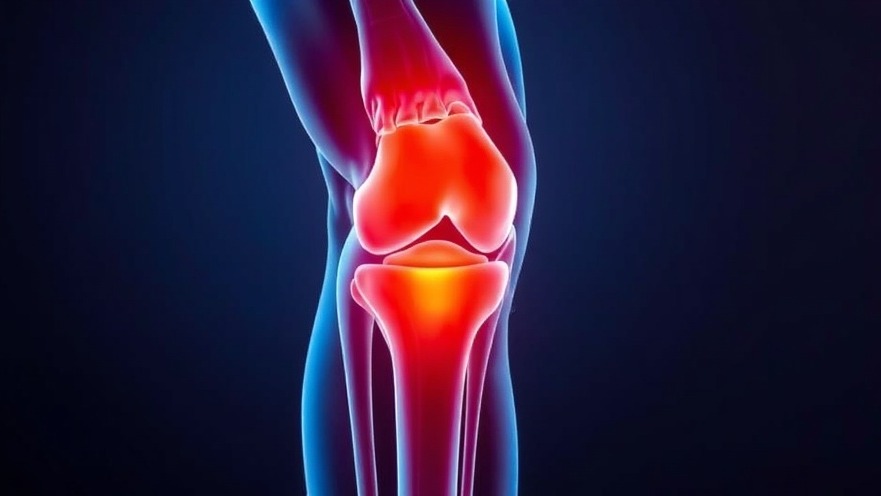
The Influence of Carbohydrates on Wellness
In the ongoing conversation about health and nutrition, the role of carbohydrates frequently emerges, often sparking debate among both patients and healthcare providers. Justin Gichaba, a nutrition coach, recently embarked on a week-long journey, eliminating carbohydrates completely, and documented his experiences on social media. His findings illuminate the impact of such a drastic dietary choice, revealing both potential benefits and significant drawbacks.
Positive Outcomes of Cutting Carbs
Many individuals who reduce carbohydrates note a range of benefits. Gichaba mentioned feelings of lightness and improved alertness, common experiences among those who adopt low-carb diets. This aligns with anecdotal evidence suggesting that cutting carbs can lead to a reduction in bloating and an increase in mental clarity. These effects can be particularly appealing for those looking to feel more energetic throughout their day.
Performance Declines: A Real Concern
However, it's crucial to balance these positives with potential downsides. Gichaba experienced reduced energy levels, particularly during physical activities, confirming that carbohydrates are essential fuel for exercise. The lack of quick energy sources can stifle performance, particularly for intense workouts. This might resonate deeply with concierge medical practitioners, as they often aim to help patients maintain optimal physical health. A patient's ability to perform daily activities, coupled with their nutritional choices, requires close monitoring and personal consideration.
The Importance of Patient-Centric Care
It's essential for healthcare providers, particularly in concierge medicine, to engage in thorough discussions about the impact of diet on overall health. Gichaba's cautionary advice against a strict zero-carb approach highlights the need for personalized health communication that takes into account an individual’s lifestyle, preferences, and health goals. Carbohydrates not only support physical activity, but they also play a role in mental health, impacting mood and cognitive function.
Beyond Carbs: The Bigger Picture
As medical professionals, embracing the idea of holistic care extends beyond examining food choices; it encompasses effective communication that addresses the fears and concerns of patients. As Gichaba pointed out, understanding the role of carbohydrates in recovery after exercise is critical, as they help restore energy levels quickly, allowing individuals to bounce back and perform better.
Strategies That Enhance Wellbeing
Considering the findings of Gichaba's experiment, it's wise to adopt a balanced approach to nutrition. Here are a few strategies practitioners can share with their patients:
Educate on Balance: Encourage patients to balance their diet with both carbohydrates and proteins, focusing on whole grain and complex carb sources for sustained energy.
Monitor Physical Performance: Have patients note how different dietary choices affect their energy levels and physical capabilities, adjusting their intake based on exercise demands.
Promote Recovery Techniques: Emphasize the importance of nutrition in recovery. Proper post-workout meals that include carbohydrates are crucial for muscle recovery and overall well-being.
A Thoughtful Approach to Dietary Changes
In conclusion, Gichaba's venture into a zero-carb lifestyle serves as a pivotal discussion point for both patients and healthcare practitioners. It is a reminder that while certain diets can provide quick results, sustainable changes focus on overall well-being. As concierge medicine practices strive to foster meaningful connections with patients, offering compassionate and informed dietary guidance remains vital.
To grow your practice and establish a strong standing in the local medical community, consider how you communicate these insights to your patients. Engaging with them about their dietary habits and preferences can lead to better health outcomes and enhance their overall experience.
 Add Row
Add Row  Add
Add 






Write A Comment